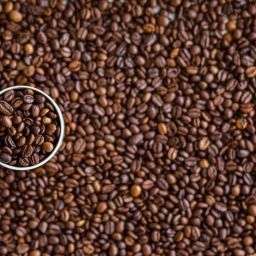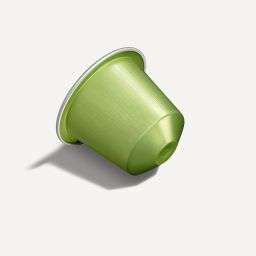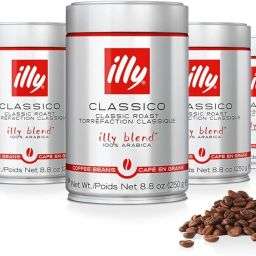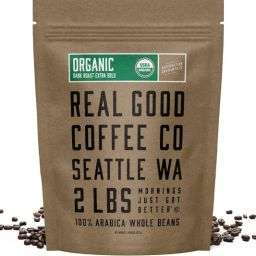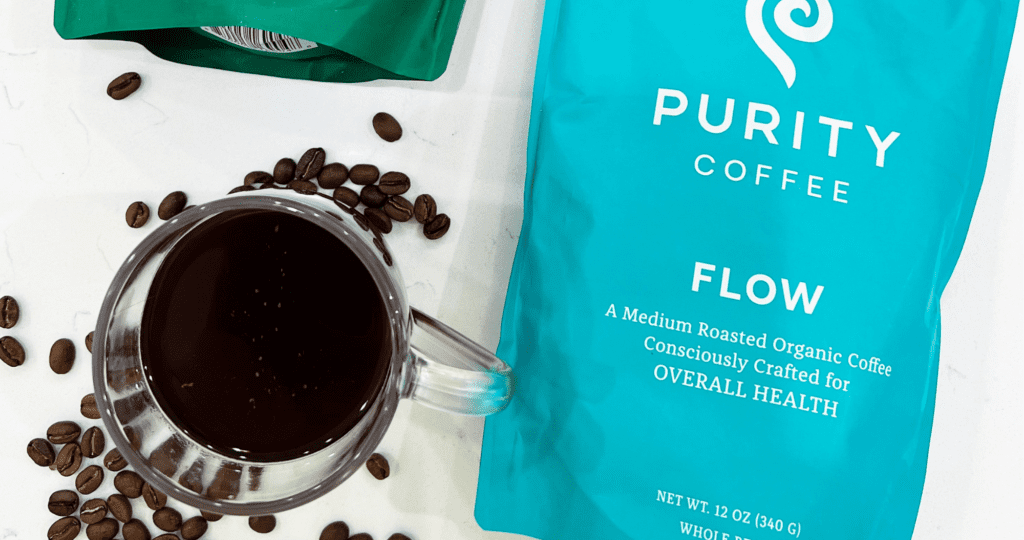
Organic mold-free coffee represents a pinnacle in coffee purity and quality, prioritizing health and environmental sustainability. Unlike conventional coffee, organic mold-free varieties adhere to stringent agricultural standards, eschewing synthetic pesticides and fertilizers. They also undergo rigorous testing to ensure they’re free from mycotoxins, harmful compounds produced by molds that can contaminate coffee beans during cultivation, processing, or storage.
Choosing the best organic mold-free coffee involves more than just taste preference. It requires understanding the coffee’s origin, how it’s grown, processed, and tested. Certifications like USDA Organic, Rainforest Alliance, or Fair Trade provide a baseline for quality, but true mold-free status is confirmed through specific mycotoxin testing.
Key Takeaways
Key Factors to Consider
- Certifications: Look for labels like USDA Organic or Fair Trade, which ensure sustainable and chemical-free cultivation practices. However, note that these certifications don’t specifically address mold or mycotoxins.
- Sourcing and Testing: Choose brands transparent about their sourcing and those that conduct rigorous mycotoxin testing, ensuring the coffee is truly mold-free.
Health Benefits: Organic mold-free coffee offers significant health advantages over its conventional counterparts. By avoiding pesticides and molds, these coffees reduce your exposure to harmful chemicals and mycotoxins, which can impact health over time. Moreover, organic farming practices tend to produce coffee with higher antioxidant levels, contributing to better overall wellness.
Environmental Impact: Opting for organic mold-free coffee supports environmentally friendly farming practices. Organic agriculture enhances soil fertility, reduces pollution, and encourages biodiversity, contributing to a healthier planet. Moreover, by insisting on mold-free products, consumers promote rigorous quality standards that benefit the environment and coffee quality alike.
Top Organic Mold-Free Coffee Brands
Exploring the realm of organic mold-free coffee unveils a selection of standout brands committed to quality, health, and environmental sustainability. Here’s a closer look at five top-tier organic mold-free coffee brands that are redefining the coffee industry’s standards.
Bulletproof Coffee
Bulletproof Coffee has been at the forefront of the mycotoxin-free coffee movement, offering a range of coffee options that cater to diverse preferences. This brand’s commitment to quality is evident in its variety of roast profiles and package sizes, appealing to a broad spectrum of coffee enthusiasts.
While Bulletproof Coffee is renowned for its mycotoxin-free claim, it’s essential to note that the brand emphasizes quality control from farm to cup, though specific mycotoxin test results are not publicly disclosed.
Lifeboost Coffee
Lifeboost Coffee stands out for its commitment to single-origin, high-altitude coffee grown in Nicaragua. This USDA organic certified brand ensures that each bean is nurtured in a way that maximizes flavor while adhering to strict organic standards.
Lifeboost’s dedication to quality is further underscored by its third-party mycotoxin testing, ensuring that each cup you enjoy is not only delicious but also free from harmful contaminants.
Tiny Footprint Coffee
Tiny Footprint Coffee is recognized as the world’s first carbon-negative coffee, underscoring a profound commitment to environmental conservation. This brand combines organic, fair trade coffee production with reforestation efforts, creating a product that not only tastes good but also contributes positively to the planet.
Tiny Footprint’s focus on sustainability and quality makes it a commendable choice for eco-conscious coffee drinkers.
Purity Coffee
Purity Coffee is a brand synonymous with meticulous testing and certification, ensuring their coffee is free from mycotoxins and other contaminants. This brand’s commitment to health is evident in its adherence to USDA organic and Rainforest Alliance certifications, ensuring that every batch meets stringent quality standards. Purity Coffee’s dedication to offering a clean, pure coffee experience makes it a trusted choice for health-conscious individuals.
Holistic Roasters
Holistic Roasters takes organic coffee to the next level with its focus on regenerative organic farming practices. This brand not only ensures that its coffee is USDA organic and Demeter-certified Biodynamic but also emphasizes eco-friendly packaging and a commitment to soil health and biodiversity.
By choosing Holistic Roasters, consumers support a brand that prioritizes the planet’s well-being alongside the quality of their coffee.
How to Choose the Best Organic Mold-Free Coffee
Selecting the ideal organic mold-free coffee hinges on several critical criteria:
- Certifications: Certifications like USDA Organic, Fair Trade, or Rainforest Alliance signal adherence to rigorous agricultural standards. For mold-free assurance, look for specific mycotoxin testing claims or certifications.
- Origin and Transparency: Knowing the coffee’s origin can provide insights into its cultivation practices. Brands that are transparent about their sourcing and testing methodologies offer greater trust and credibility.
- Flavor Profiles and Roast Types: Personal preference plays a crucial role. Whether you favor a light, medium, or dark roast, or specific flavor notes, choose a brand that aligns with your taste while meeting organic and mold-free standards.
Brewing and Enjoying Your Organic Mold-Free Coffee
To maximize the benefits and flavors of organic mold-free coffee:
- Use clean, filtered water to avoid impurities that can affect taste.
- Follow the recommended brewing temperature and time for your selected roast to extract optimal flavor.
- Store coffee properly to maintain freshness and prevent mold development.
FAQs
Q: How does organic mold-free coffee differ from regular coffee? A: Organic mold-free coffee is cultivated without synthetic chemicals and tested to ensure it’s free from harmful mycotoxins, offering a purer and potentially healthier choice.
Q: Why are certifications important for organic mold-free coffee? A: Certifications provide assurance that the coffee meets specific organic and health standards, indicating a commitment to quality and safety.
Q: How can consumers verify mold-free claims? A: Look for transparency in testing and sourcing from the brand, including public test results or clear information on their testing protocols.
Final Thoughts
Choosing organic mold-free coffee is more than a personal preference; it’s a commitment to health and environmental sustainability. By selecting brands that prioritize organic farming, rigorous testing, and transparent practices, consumers can enjoy a superior cup of coffee while supporting ethical and sustainable agriculture.


